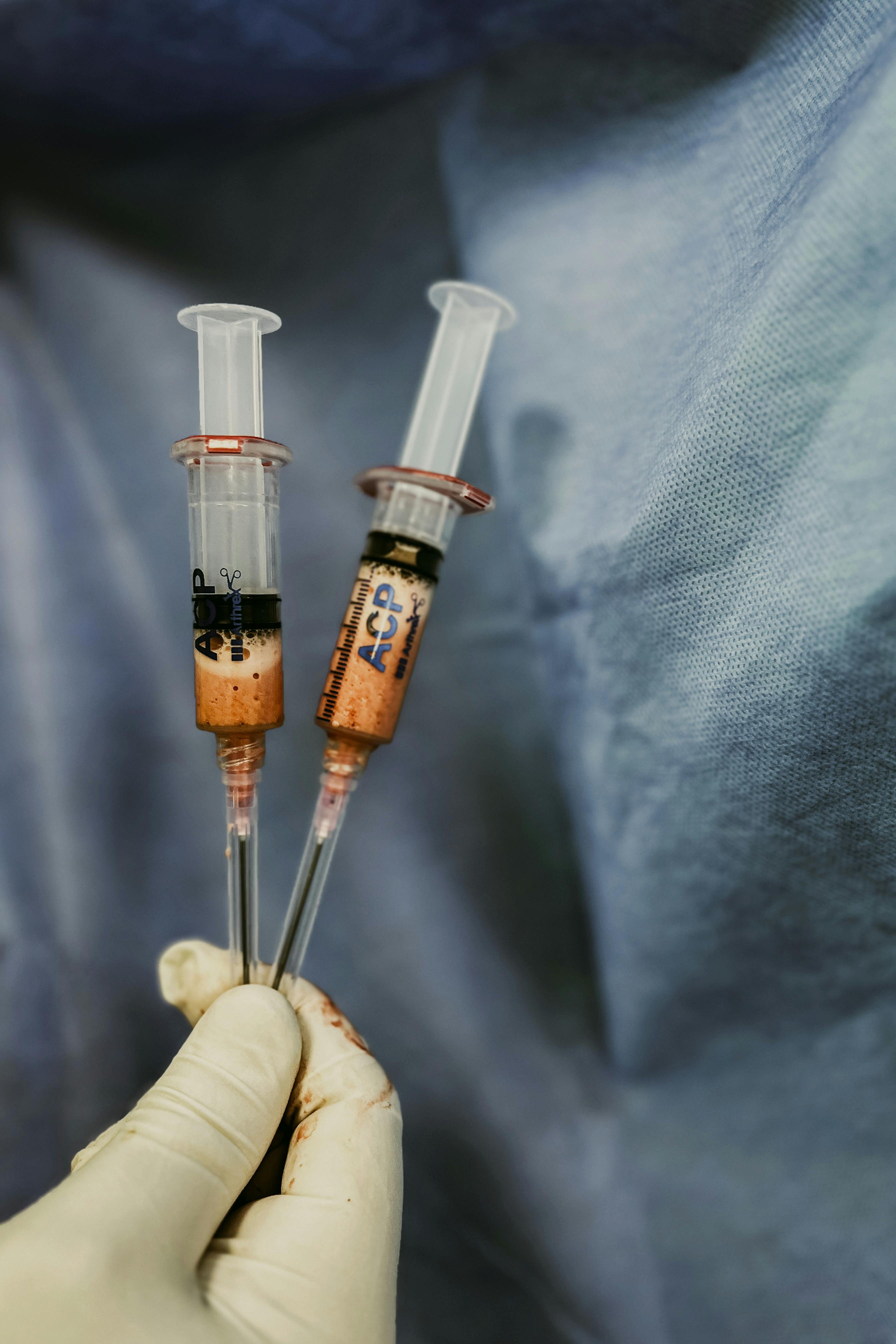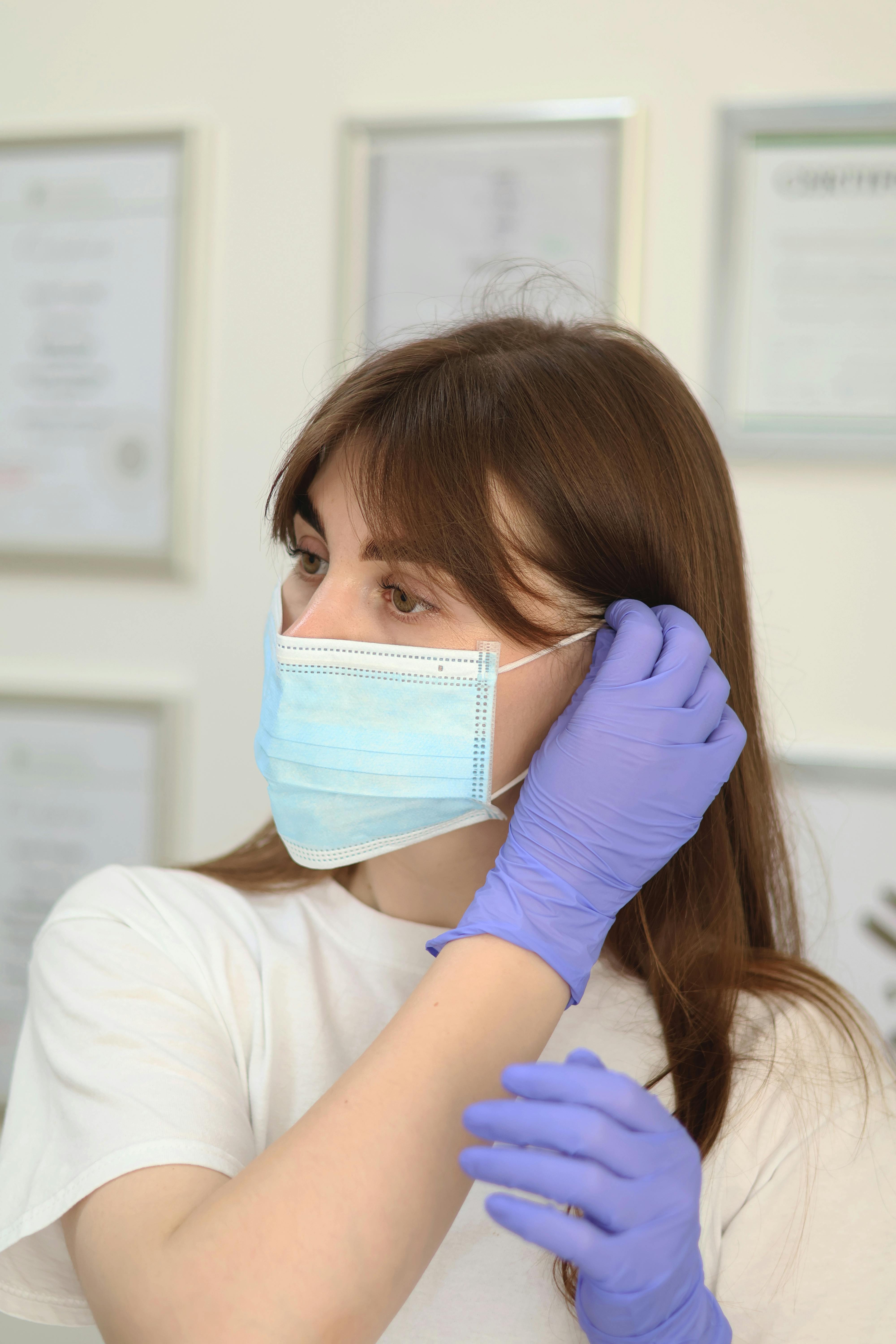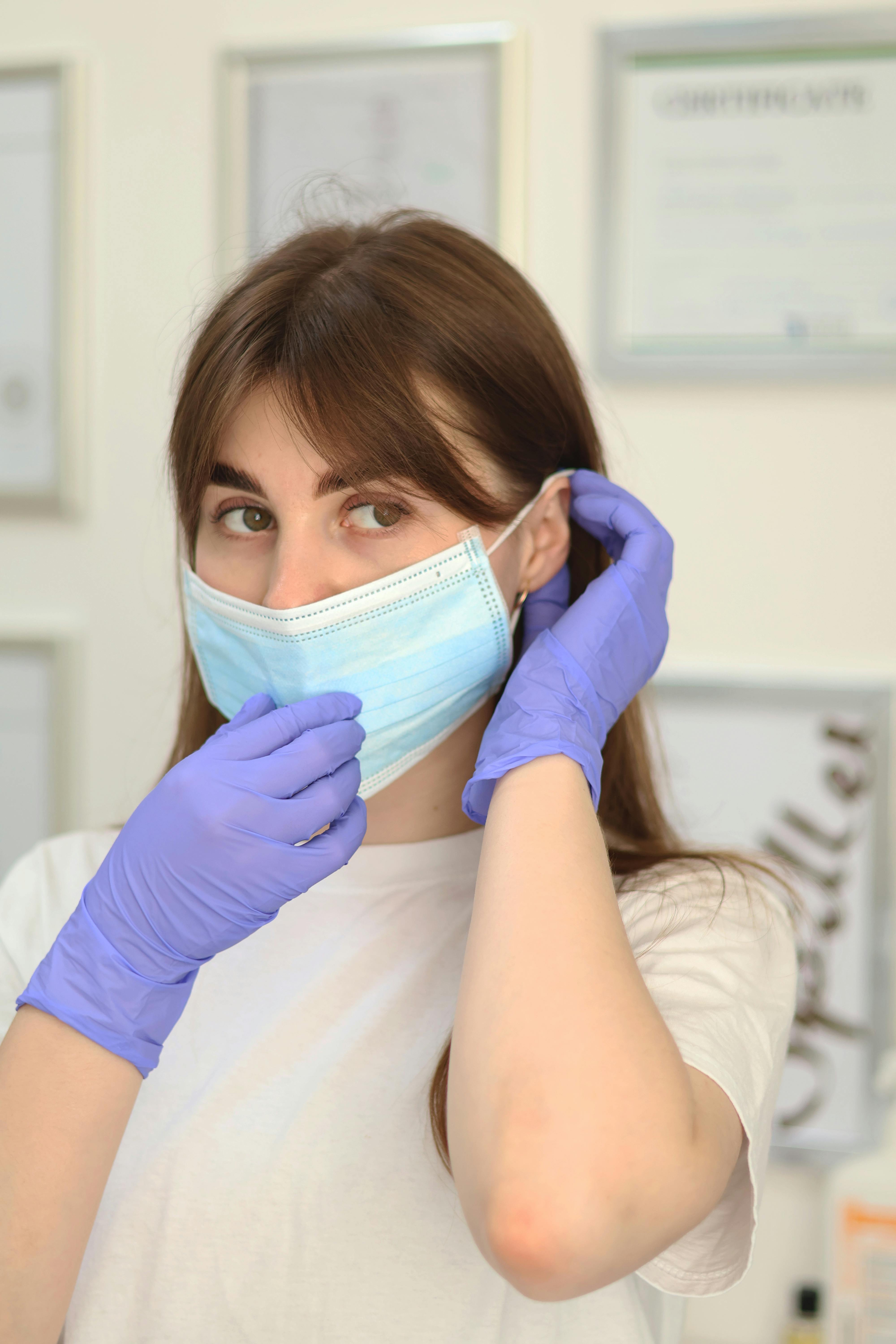You’ve probably heard of homeopathy before, but do you really know what it is? Homeopathy is a system of alternative medicine that uses highly diluted substances to stimulate the body’s natural healing process. Think of it as a way to harness the body’s own powers to heal itself. While some may dismiss it as nothing more than a placebo effect, many people swear by its effectiveness. In this article, we’ll explore the basics of homeopathy and take a closer look at how it works. So, sit back, relax, and get ready to discover the fascinating world of homeopathy.

What is Homeopathy?
Homeopathy is a system of alternative medicine that was developed in the late 18th century by Samuel Hahnemann, a German physician. It is based on the belief that the body has the ability to heal itself and that symptoms of illness are actually signs that the body is working to restore balance. Homeopathic treatments are derived from natural substances, such as plants and minerals, which are diluted and potentized to stimulate the body’s own healing mechanisms.
History of Homeopathy
Samuel Hahnemann first proposed the principles of homeopathy in 1796, and his ideas quickly gained popularity throughout Europe and the United States. At the time, conventional medicine relied heavily on harsh treatments, such as bloodletting and purging, which often caused more harm than good. Homeopathy offered an alternative approach that was gentle, safe, and effective.
Concepts of Homeopathy
Homeopathy is based on several key concepts. One of the main principles is the Law of Similars, which states that a substance that can cause symptoms in a healthy person can also be used to treat those same symptoms in a sick person. This is known as the principle of “like cures like.” Another important concept is the importance of individualization in treatment. Homeopaths believe that each person is unique and must be treated as a whole, taking into account their mental, emotional, and physical symptoms.
Principles of Homeopathy
Homeopathy is guided by three fundamental principles. The first is the Law of Similars, which we have already discussed. The second principle is the Law of Minimum Dose, which states that the more diluted and potentized a substance is, the more effective it becomes in stimulating the body’s healing response. Finally, the principle of Totality of Symptoms emphasizes the importance of considering all symptoms, both physical and emotional, when choosing a homeopathic remedy.

Common Homeopathic Treatments
There are a wide variety of homeopathic remedies available, each with its own specific uses and indications. Some of the most commonly used remedies include:
Arnica
Arnica is often used to treat bruises, strains, and muscle soreness. It is also commonly used after surgery or dental procedures to reduce swelling and promote healing.
Belladonna
Belladonna is used to treat conditions with sudden onset and intense symptoms, such as high fever, inflammation, and throbbing headaches.
Chamomilla
Chamomilla is commonly used to treat irritability, restlessness, and pain in teething infants and children. It is also effective in treating menstrual cramps and colic.
Ignatia
Ignatia is recommended for individuals experiencing grief, emotional trauma, or sudden mood swings. It is often used to treat symptoms of depression, anxiety, and insomnia.
Nux Vomica
Nux Vomica is a remedy often prescribed for individuals who lead a sedentary lifestyle and suffer from digestive issues, such as heartburn, indigestion, and constipation.
Rhus Toxicodendron
Rhus Toxicodendron is commonly used to treat joint and muscle stiffness, as well as pain caused by overexertion or injury. It is particularly effective for symptoms that improve with movement and warmth.
Sepia
Sepia is recommended for women experiencing hormonal imbalances, such as irregular periods, mood swings, and hot flashes. It is also used to treat symptoms of fatigue and low libido.
Sulphur
Sulphur is often prescribed for skin conditions, such as eczema and acne. It is also used to treat symptoms of digestive disorders, respiratory ailments, and chronic fatigue.
Benefits of Homeopathy
Homeopathy offers several benefits as a holistic approach to healthcare. Some of the key advantages of homeopathic treatment include:
Individualized Treatment
One of the main advantages of homeopathy is its focus on individualized treatment. Homeopaths take into account not only the physical symptoms but also the emotional and mental state of the patient in order to select the most appropriate remedy. This personalized approach ensures that each patient receives a treatment plan tailored to their specific needs.
Safe and Non-Toxic
Homeopathic remedies are derived from natural substances and are prepared through a process of dilution and potentization. This makes them extremely safe and non-toxic, with minimal risk of adverse side effects. Unlike conventional medicines, homeopathic remedies do not interact negatively with other medications, making them suitable for individuals of all ages.
Potential Adjunct to Conventional Medicine
Homeopathy can be used as a complementary or adjunct therapy to conventional medicine. Many individuals find that homeopathic remedies enhance the effectiveness of their conventional treatments and help to alleviate side effects. However, it is important to consult with a healthcare professional before combining homeopathy with other medications.
Holistic Approach
Homeopathy takes a holistic approach to healthcare, treating the individual as a whole rather than just focusing on specific symptoms. By addressing the underlying causes of illness, homeopathy aims to restore balance and promote overall well-being. This comprehensive approach recognizes the interconnectedness of physical, emotional, and mental health.

Criticism and Controversies
While homeopathy has gained widespread popularity, it has also faced criticism and controversies. Some of the main points of contention include:
Lack of Scientific Evidence
Critics argue that there is a lack of scientific evidence to support the effectiveness of homeopathic treatments. They claim that the results seen in clinical trials are often due to the placebo effect or natural healing processes, rather than the specific action of the remedies themselves.
Placebo Effect
Another criticism of homeopathy is that any perceived benefits may be purely due to the placebo effect. Placebos have been shown to have a powerful impact on subjective experiences, and it is possible that the act of taking a homeopathic remedy creates a psychological expectation of improvement.
Questionable Dilution Concept
The dilution and potentization process used in homeopathic preparations are often considered by critics to be scientifically implausible. They argue that the extreme dilutions used in homeopathy result in remedies that contain no detectable molecules of the original substance. Critics question how such highly diluted remedies could have any biological effect.
Safety Concerns
Although homeopathic remedies are generally considered safe, there have been isolated cases of adverse reactions. Critics argue that due to the lack of regulation and quality control in the industry, some remedies may be contaminated or contain substances that are potentially harmful. It is important to purchase homeopathic products from reputable sources.
Misrepresentation and Mislabelling of Products
Another concern surrounding homeopathy is the misrepresentation and mislabeling of products. Some companies may make exaggerated or unsupported claims about the effectiveness of their products, leading consumers to have false expectations. It is important to be cautious and discerning when selecting homeopathic remedies.
Homeopathic Education and Certification
To become a qualified homeopath, individuals must undergo rigorous training and obtain certification. The process typically involves the following:
Training and Certification
Homeopathic education varies from country to country, but it generally includes comprehensive coursework in homeopathic principles, materia medica, repertory, and case-taking. After completing the required training, individuals must pass certification exams to become licensed practitioners.
Regulatory Bodies
Regulatory bodies and licensing boards oversee the practice of homeopathy in many countries. These organizations ensure that practitioners meet certain standards of education, ethics, and professional conduct. They may also provide guidelines for ongoing professional development and continuing education.
Professional Associations
Homeopaths often join professional associations, which provide resources for education, research, and networking. These associations also play a role in setting industry standards and promoting the profession. Membership in a professional association can help patients find qualified homeopaths and ensure that practitioners are held to high standards of practice.

Frequently Asked Questions (FAQs)
Is homeopathy effective?
The effectiveness of homeopathy is a topic of considerable debate. While there is anecdotal evidence and individual success stories, the scientific evidence supporting the overall effectiveness of homeopathy is limited. It is important to discuss your specific health concerns with a qualified healthcare professional.
Is homeopathy safe?
Homeopathy is generally considered safe when used as directed. Homeopathic remedies are highly diluted and have minimal risk of side effects. However, it is important to consult with a qualified homeopath or healthcare professional to ensure that homeopathy is appropriate for your individual circumstances.
Is homeopathy a replacement for conventional medicine?
Homeopathy should not be used as a replacement for conventional medicine in the treatment of serious or life-threatening conditions. It can be used as a complementary therapy to conventional treatments, but it is important to consult with a healthcare professional before making any decisions about your healthcare.
How long does homeopathic treatment take to work?
The length of time it takes for homeopathic treatment to work varies depending on the individual and the nature of the condition. Some people may experience rapid improvement, while others may require more time. Patience and consistency are important when undergoing homeopathic treatment.
Can homeopathy be used for acute conditions?
Yes, homeopathy can be used for acute conditions, such as colds, coughs, and minor injuries. Homeopathic remedies are often recommended for their ability to provide relief from acute symptoms and support the body’s natural healing processes. However, it is important to seek medical attention for serious or persistent acute conditions.
Can homeopathy be used during pregnancy?
Homeopathy can be used during pregnancy under the guidance of a qualified homeopath or healthcare professional. Many homeopathic remedies are safe for use during pregnancy and can provide relief from common pregnancy symptoms, such as morning sickness and fatigue. However, it is important to consult with a professional before using any remedies.
Is homeopathy suitable for animals and pets?
Yes, homeopathy can be used to treat a wide range of health issues in animals and pets. Homeopathic remedies are safe for use in animals and can be effective in addressing both acute and chronic conditions. It is recommended to consult with a veterinarian who has experience in homeopathy for the best results.
Can homeopathy be used in combination with other medications?
Homeopathy can be used in combination with other medications, but it is important to consult with a qualified healthcare professional or homeopath before doing so. Some homeopathic remedies may interact with certain medications, so it is important to ensure compatibility and avoid any potential adverse effects.
Is homeopathy covered by insurance?
The coverage of homeopathy by insurance varies depending on the insurance provider and the specific policy. Some insurance plans may offer coverage for homeopathic treatments, while others may not. It is best to check with your insurance provider to determine if homeopathy is covered under your plan.
How to find a qualified homeopath?
Finding a qualified homeopath involves conducting research and seeking recommendations. Look for homeopaths who have completed formal education and obtained certification from recognized institutions. Professional associations and regulatory bodies can provide listings of qualified practitioners in your area. Additionally, seeking referrals from friends, family, or healthcare professionals can also help in finding a qualified homeopath.
Homeopathy Around the World
Homeopathy has gained popularity in many countries worldwide. Some countries where homeopathy is widely used include Germany, India, Brazil, France, and the United Kingdom. The popularity of homeopathy varies from country to country, with some having more robust regulatory frameworks and education systems in place.
Legality and Regulation in Different Countries
The legality and regulation of homeopathy vary from country to country. In some countries, homeopathy is recognized as a legitimate form of healthcare and is regulated and integrated into the national healthcare system. In others, it may be less regulated or even considered controversial. The availability and accessibility of homeopathic treatments also vary depending on the country’s healthcare policies and regulations.

Conclusion
Homeopathy is an alternative system of medicine that offers a unique approach to healthcare. Despite the controversy surrounding its effectiveness, homeopathy continues to be used by many individuals around the world for a variety of health concerns. Its focus on individualized treatment, holistic approach, and potential as a complementary therapy make it an option worth considering for those seeking alternative healthcare options. However, it is important to consult with a qualified healthcare professional or homeopath to determine if homeopathy is appropriate for your specific needs and circumstances.
